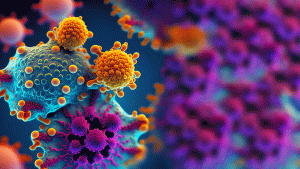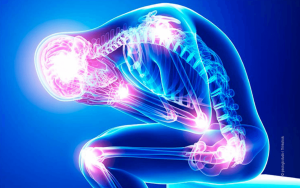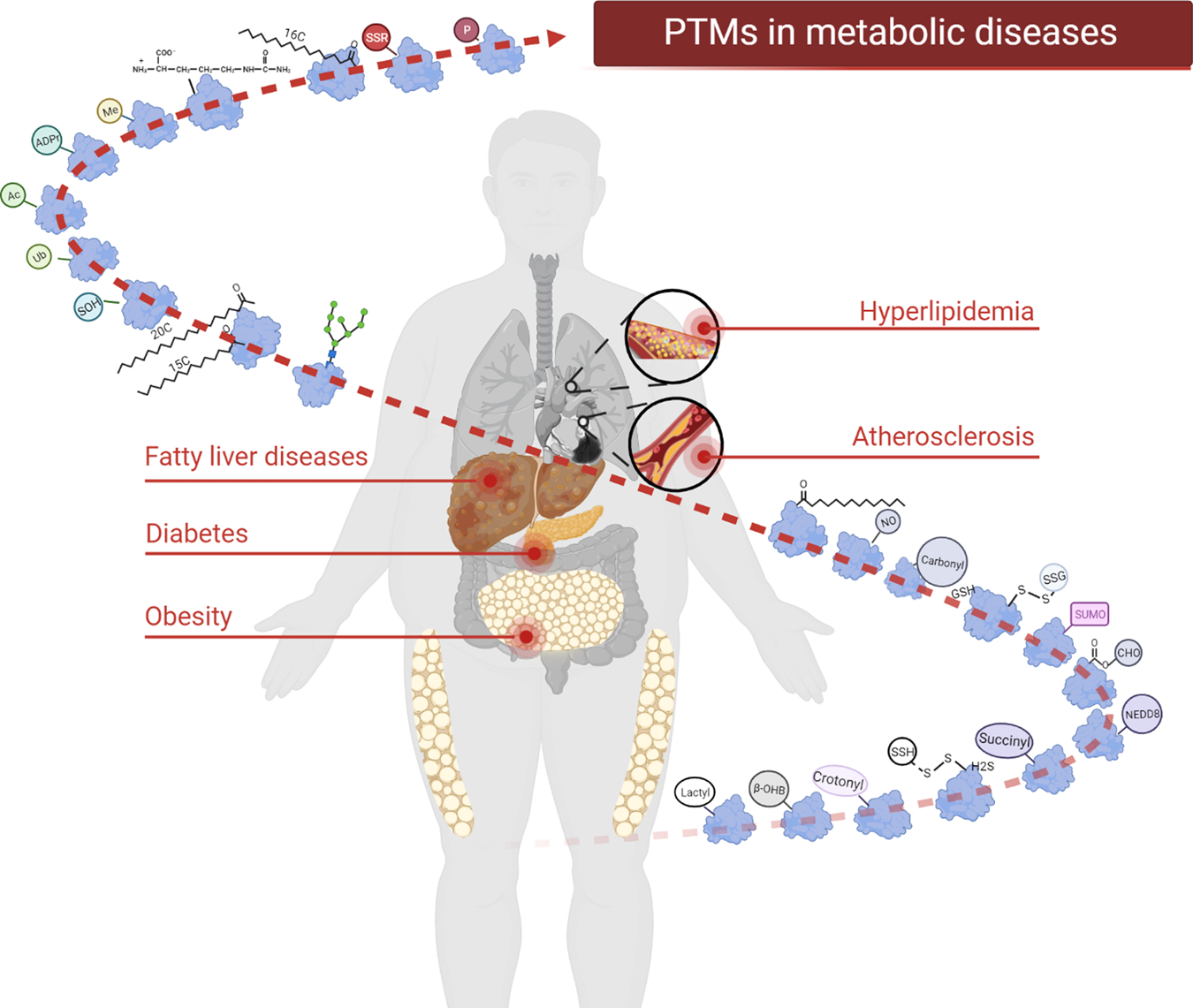Introduction
Cancer, a multifaceted disease, is shaped by an interplay of various factors within the body. Among these factors, metabolism and inflammation emerge as pivotal influencers, each wielding significant influence over the progression of cancer. Understanding the intricate links between metabolism, chronic inflammation, and their collective impact on cancer progression holds the key to advancing our comprehension and treatment of this formidable disease.
Fueling Cellular Dynamics
Metabolism, the intricate network of biochemical reactions within cells, governs energy production and the synthesis of essential molecules. This fundamental process is intricately linked with cancer progression. Alterations in cellular metabolism, characterized by heightened glucose uptake and altered mitochondrial function, are hallmarks of many cancers. One notable phenomenon is the “Warburg effect,” wherein cancer cells exhibit an increased reliance on glycolysis, even in the presence of oxygen, favoring rapid energy production and providing raw materials for cellular building blocks. This metabolic shift not only fuels cancer cell proliferation but also influences tumor microenvironments, fostering immune evasion and resistance to therapies.

Chronic Inflammation
Chronic inflammation, an enduring immune response, is a double-edged sword in the context of cancer. While acute inflammation plays a crucial role in combating infections and facilitating tissue repair, chronic inflammation becomes a contributing factor to cancer initiation and progression. Factors like prolonged exposure to irritants, infections, or autoimmune disorders can sustain an inflammatory milieu, releasing cytokines, chemokines, and reactive oxygen species (ROS). These molecules create a tumor-promoting environment, stimulating cell proliferation, angiogenesis, and genetic mutations, thereby fostering a microenvironment conducive to tumor growth.
Metabolism, Inflammation, and Cancer
The convergence of metabolism and inflammation in cancer progression unveils a complex interplay. Metabolic reprogramming in cancer cells can trigger inflammation through various mechanisms, including the production of metabolites, such as lactate and succinate, capable of modulating immune responses and inflammasome activation. Conversely, chronic inflammation can induce metabolic alterations in neighboring cells, perpetuating the tumorigenic cycle. Moreover, the crosstalk between immune cells and cancer cells within the tumor microenvironment further fuels this interconnectedness. Immune cells, like macrophages and T cells, undergo metabolic reprogramming upon activation, influencing their effector functions and impacting the inflammatory landscape within tumors.

Therapeutic Implications and Future Directions
Understanding the interplay between metabolism, chronic inflammation, and cancer progression unveils potential therapeutic avenues. Targeting metabolic vulnerabilities of cancer cells, such as disrupting glycolysis or mitochondrial function, has shown promise in preclinical studies. Additionally, strategies aimed at dampening chronic inflammation or modulating the immune response within the tumor microenvironment present novel therapeutic approaches. The advent of immunotherapies and precision medicine has provided a glimmer of hope in leveraging these interconnected pathways for cancer treatment. Precision targeting of specific metabolic or inflammatory pathways, coupled with immunotherapies tailored to individual patients, holds immense potential in transforming cancer treatment paradigms.
Conclusion
The symbiotic relationship between metabolism, chronic inflammation, and cancer progression is intricate and multifaceted. As research continues to unveil the nuances of these interconnected pathways, the prospects for innovative therapeutic interventions grow brighter. By deciphering the crossroads of metabolism and inflammation within the context of cancer, we move closer to unlocking novel strategies for diagnosis, prevention, and treatment, ushering in a new era in the fight against this formidable disease.




